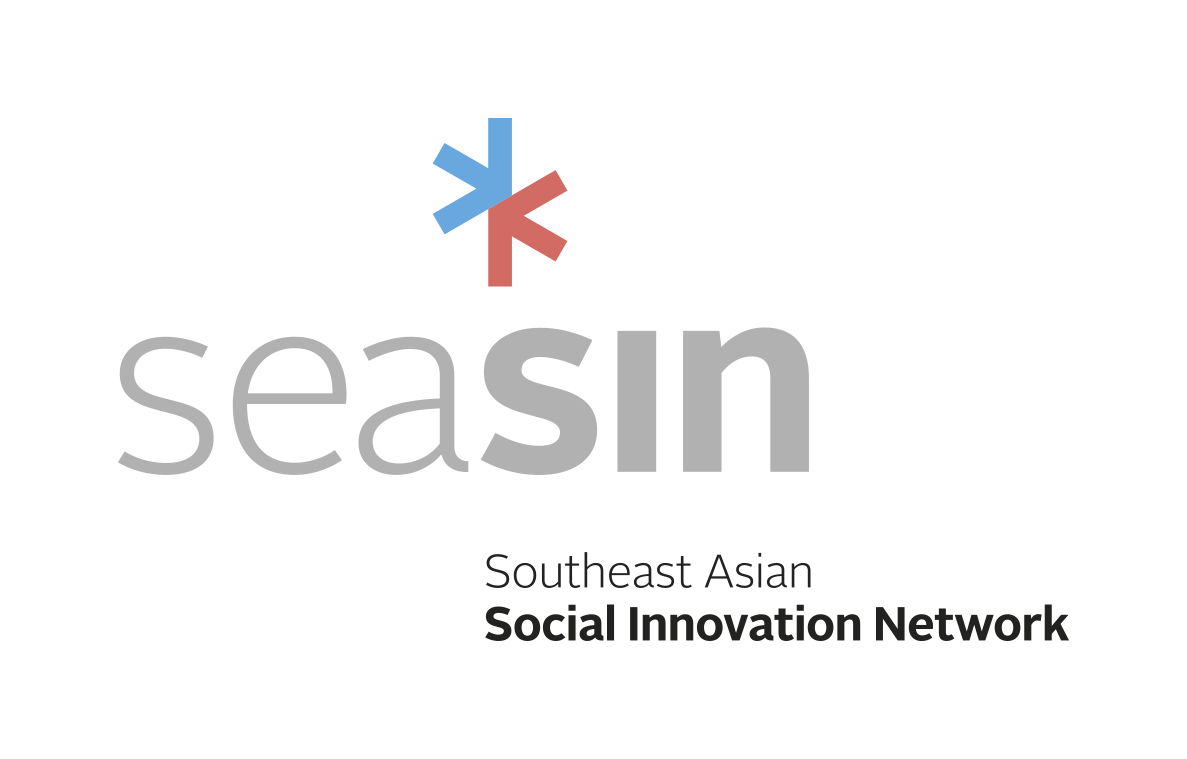We interviewed Teresa Franqueira, Director, ID+ DESIS Lab @University of Aveiro about her thoughts on the role of universities in enabling social innovation.
1) In your perspective, what kind of role should universities (HEIs) play in the society? What is HEI’s role supporting social innovation?
Universities should work FOR and WITH society. The knowledge produced, the technology developed and the research must be useful for society. The higher education institution’s (HEI) role in supporting social innovation comes from the policy strategies defined by HEI with government and, in particular, with local governments.

Image from ID+ DESIS Lab
2) What does social innovation look like in your country? What is it’s potential?
Social Innovation is quickly developing in the fields of economics, social sciences and design. In Portugal, it’s quite related and associated with volunteering and social services provided by charity institutions, with a strong role in the Catholic church. However, there is also a boom with start-ups related with social innovation businesses and enterprises. The potential is enormous due to the European financial crisis with the weakening of the traditional welfare state and the need to find new solutions for the social problems arising from this new reality.
3) What do you hope to achieve out of SEASIN project?
The University of Aveiro (UA) is hoping to strengthen its networks and relationships with a global group of HEI and institutions specialists in the field of social innovation. Moreover, UA is expecting to create new knowledge to increase the teaching and researching in Social Innovation.
4) What are you most excited about for this project?
The exchange of experience and knowledge in a culturally diverse group.
Find out more about the work of ID+ DESIS Lab here.


Recent Comments